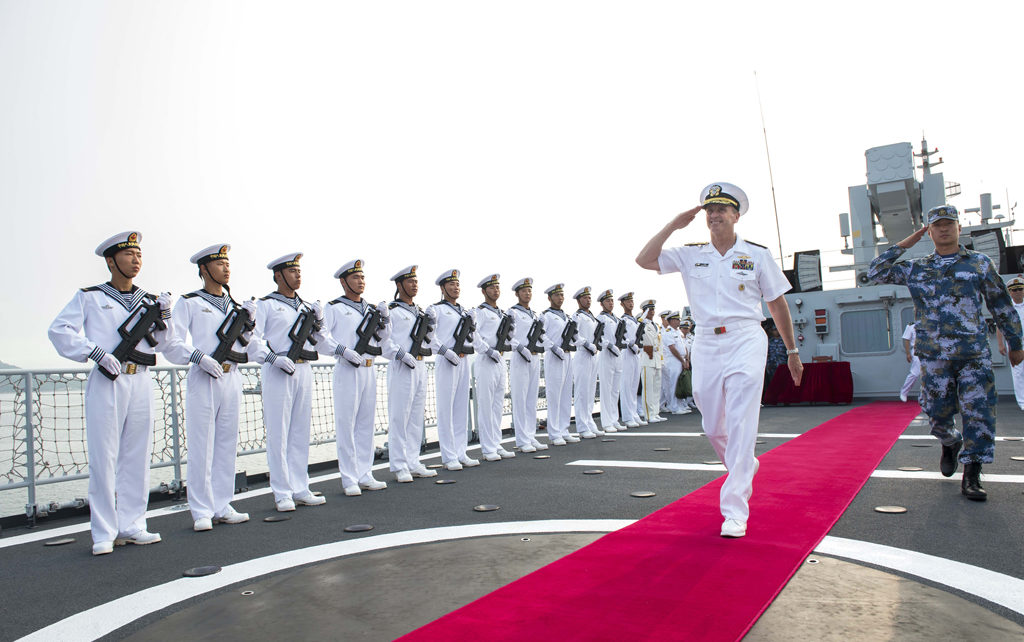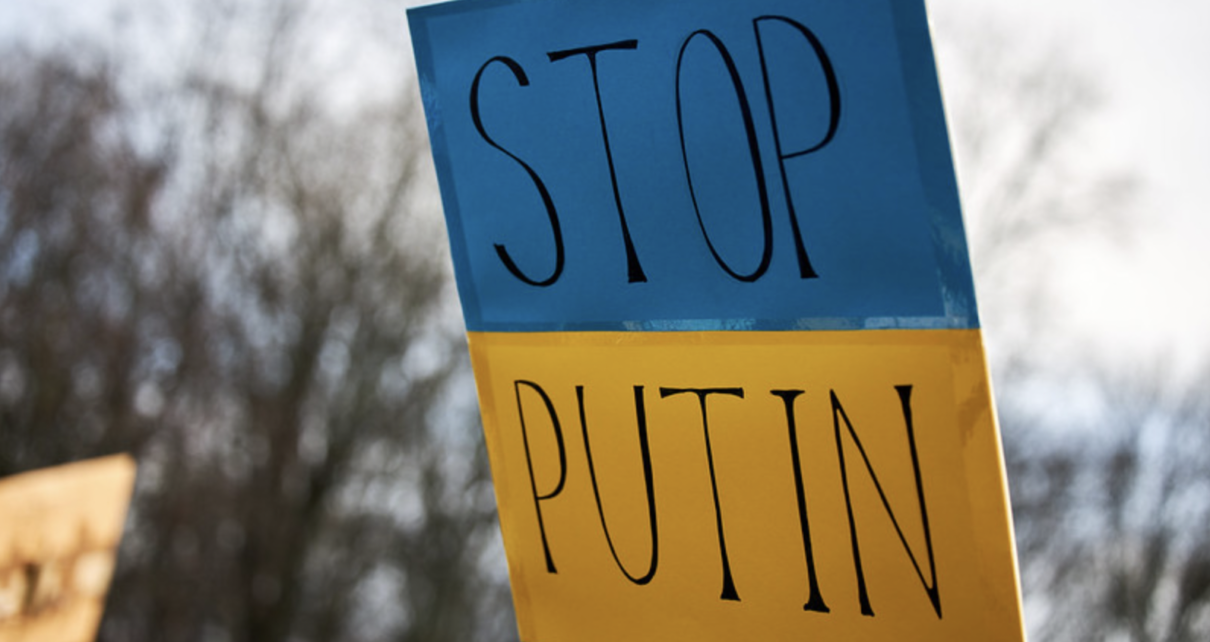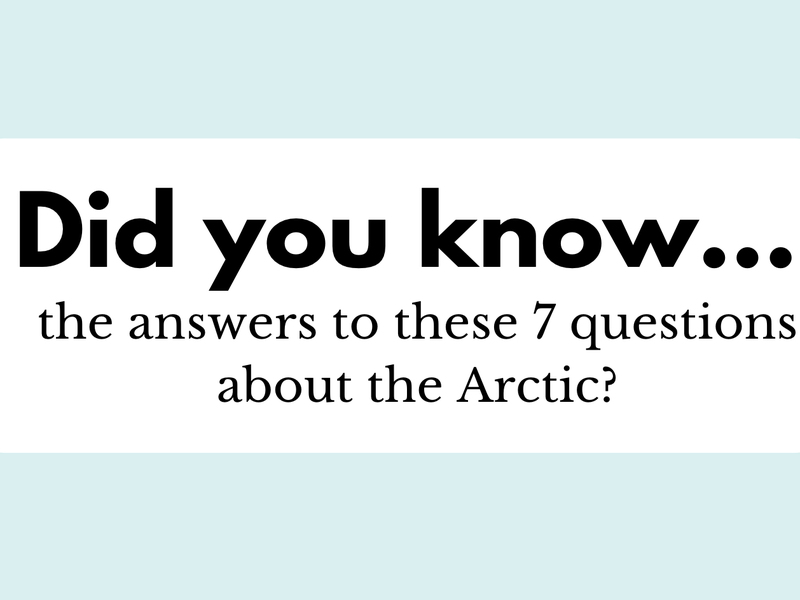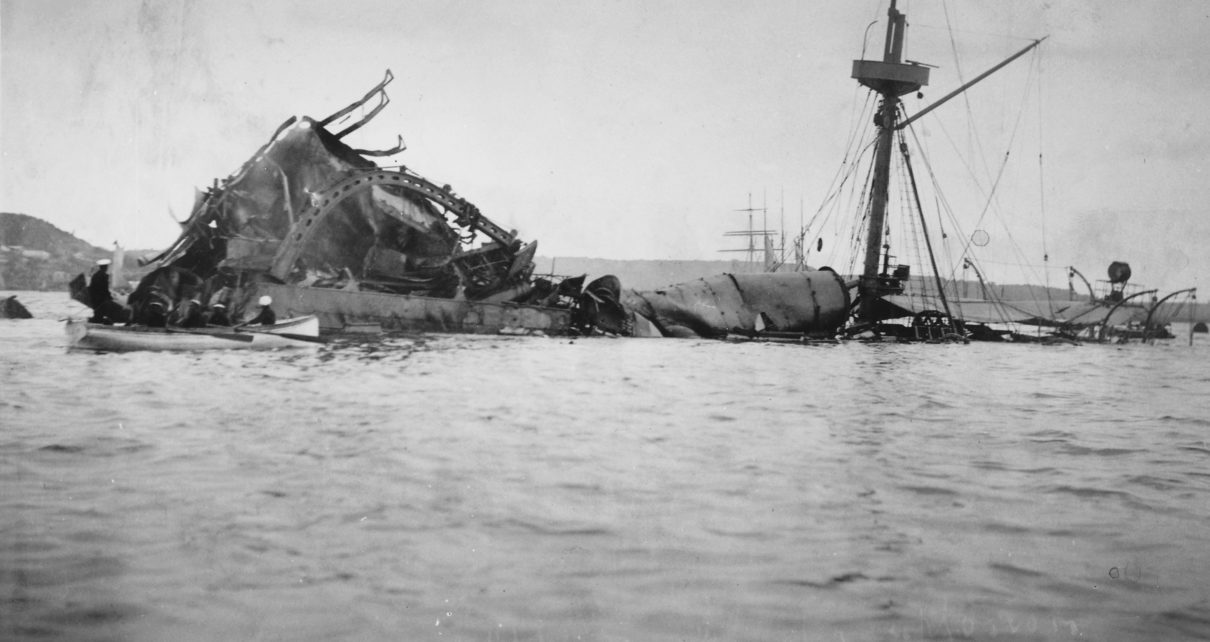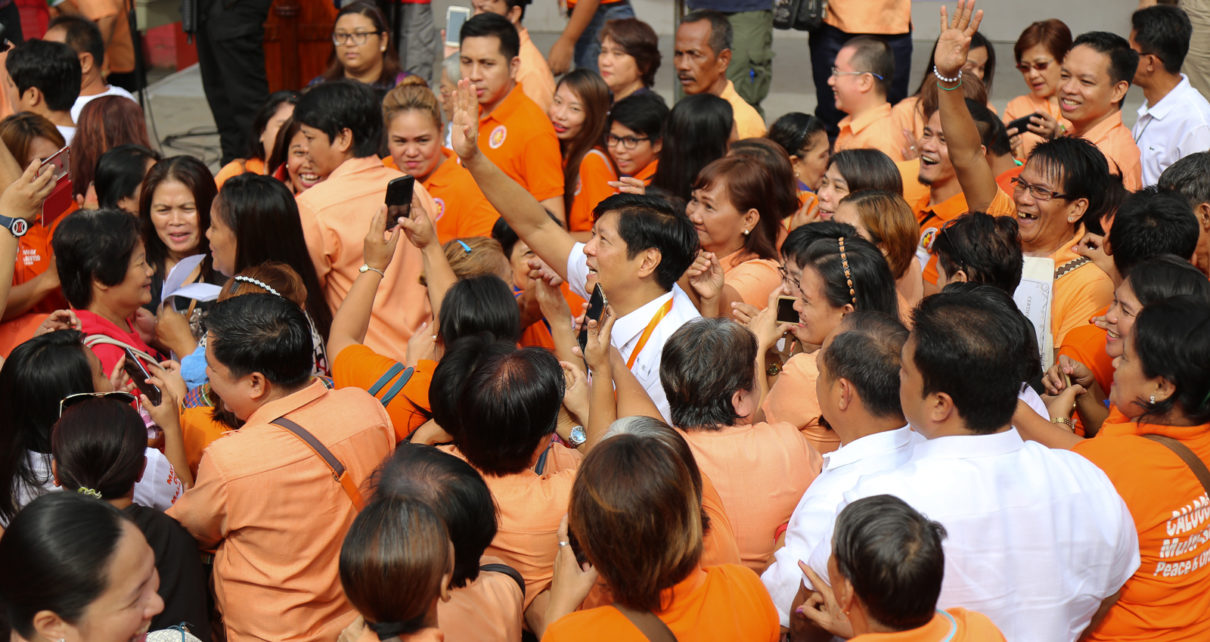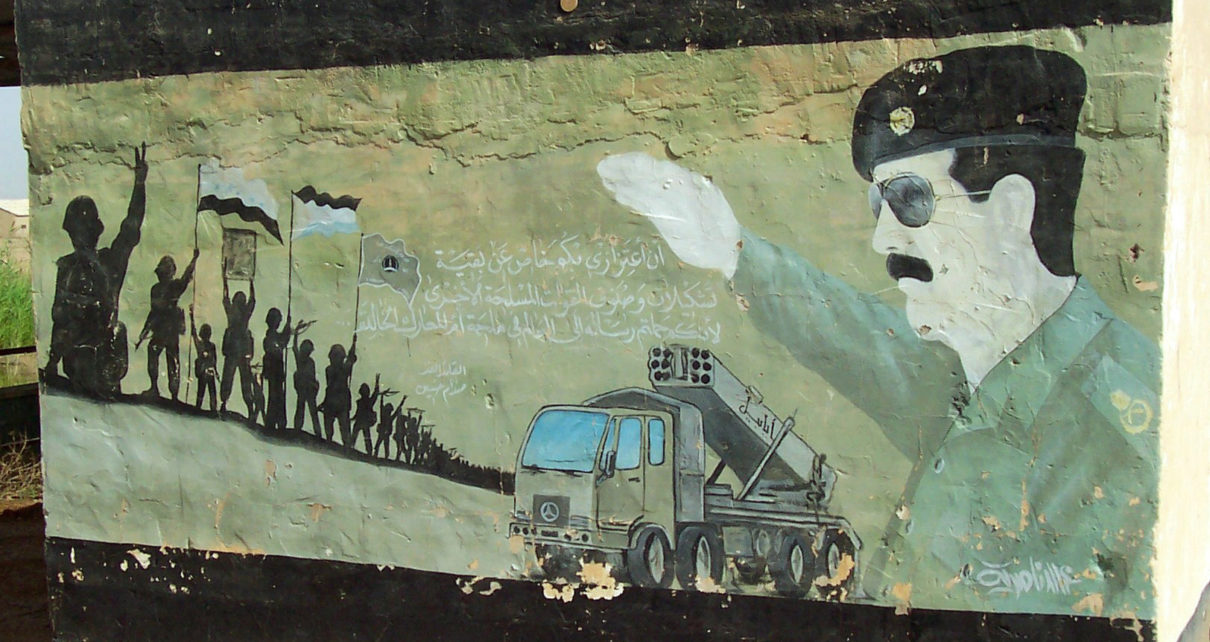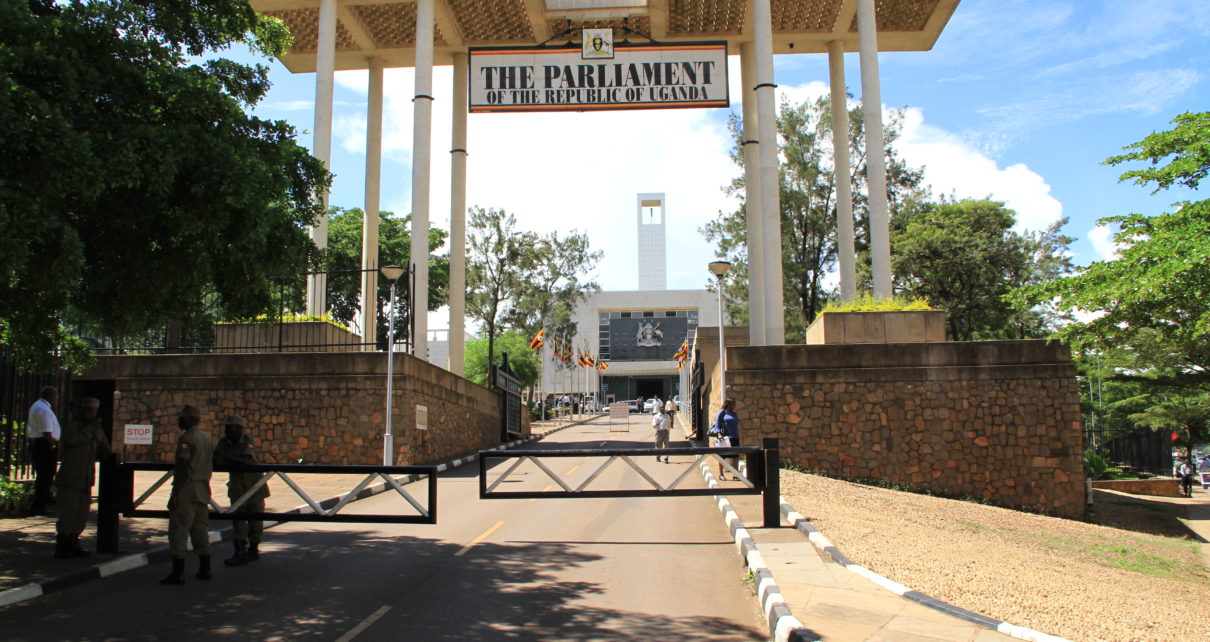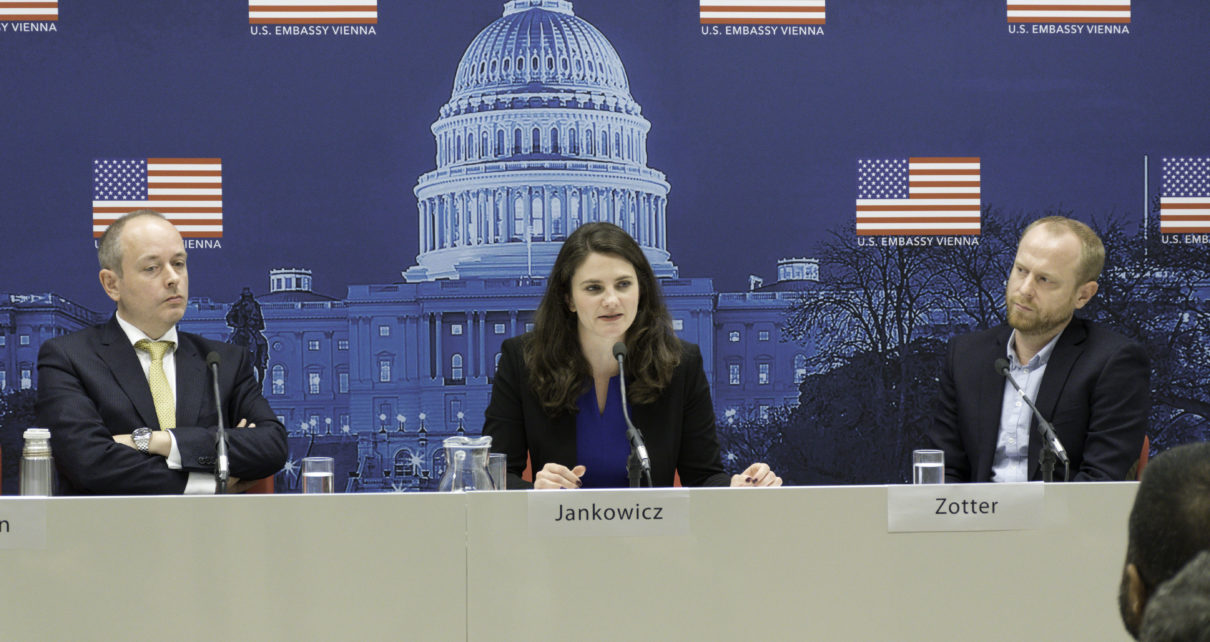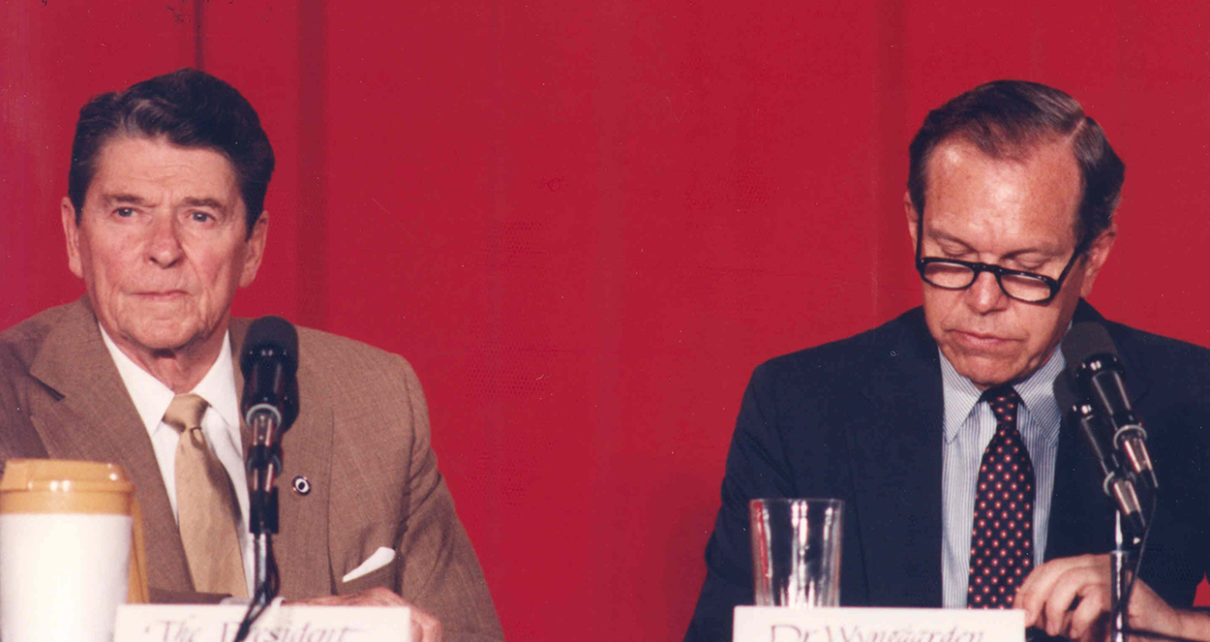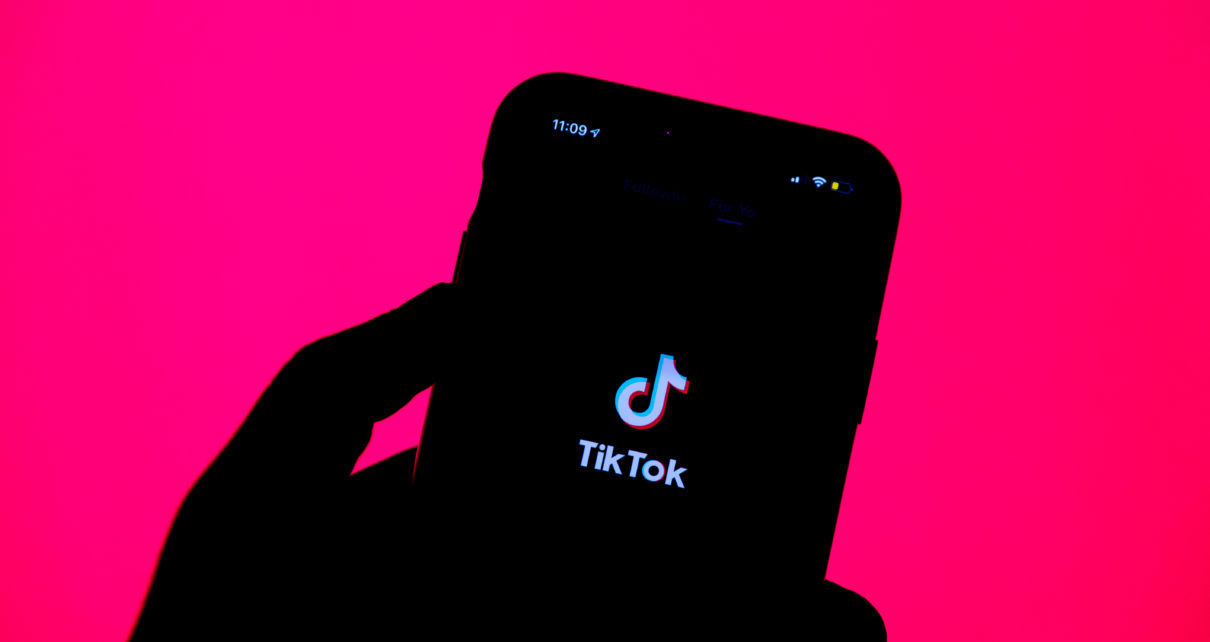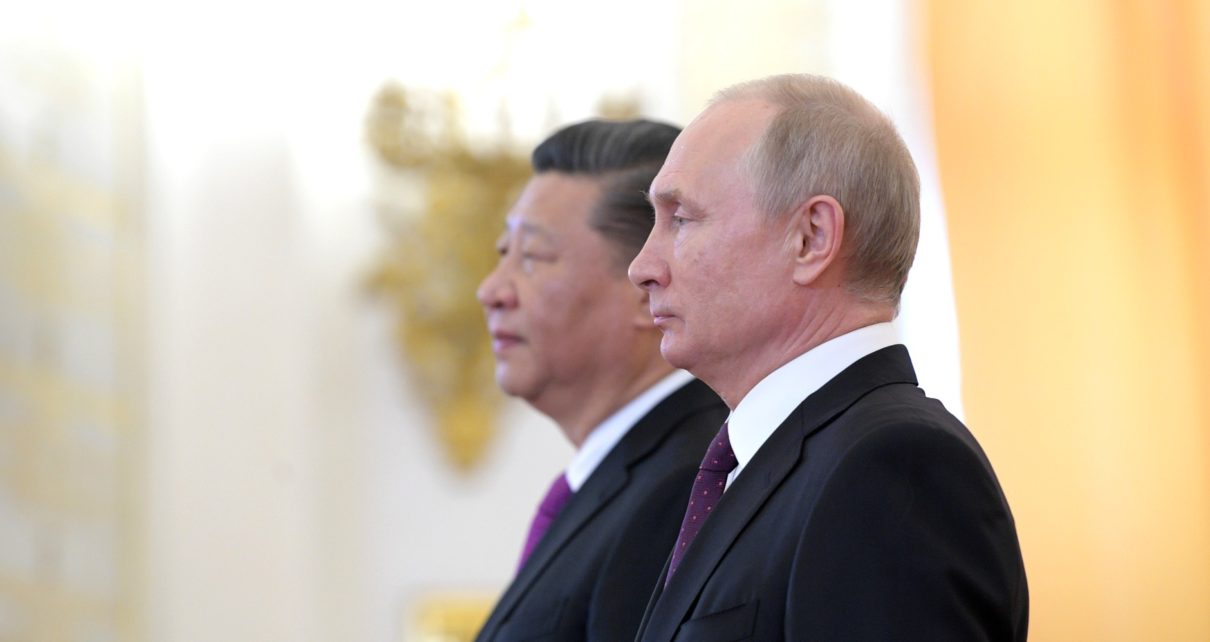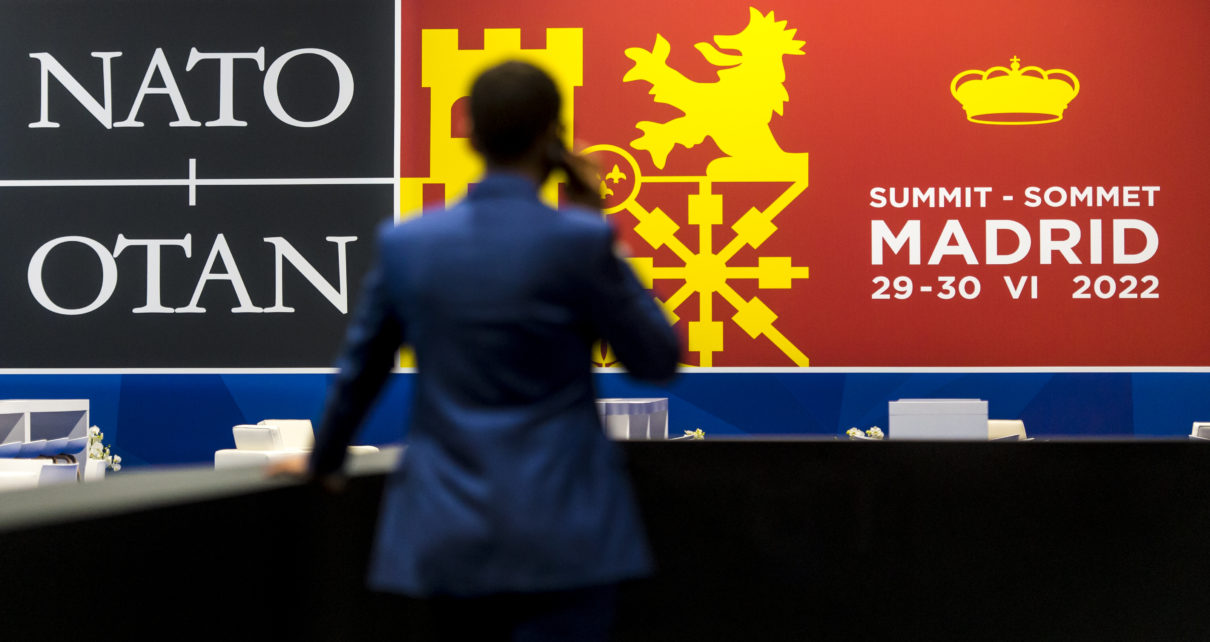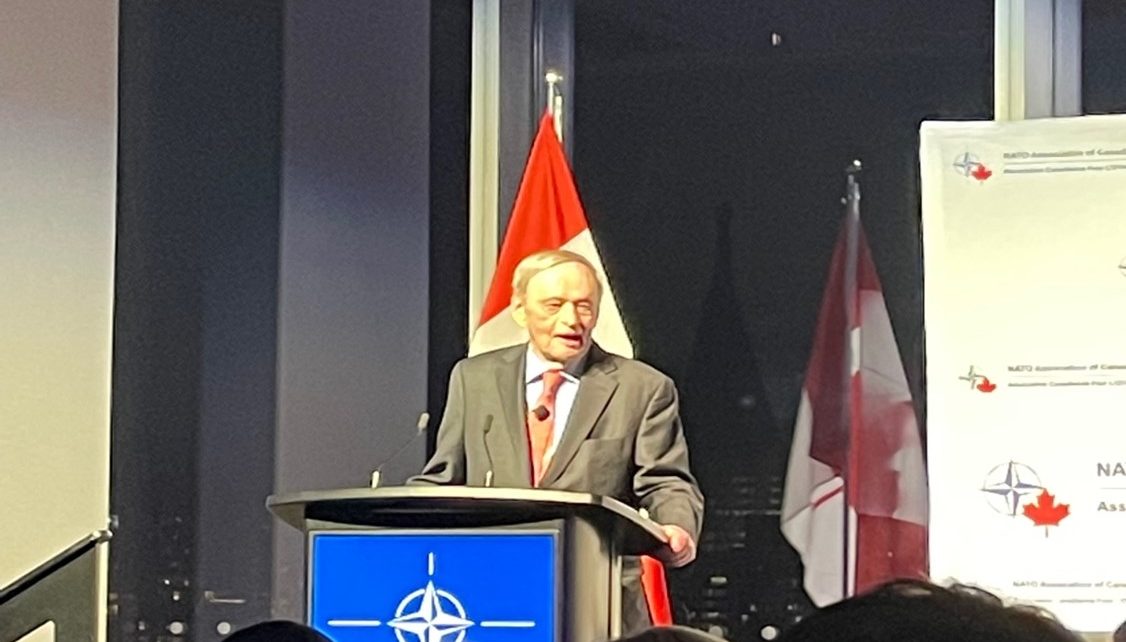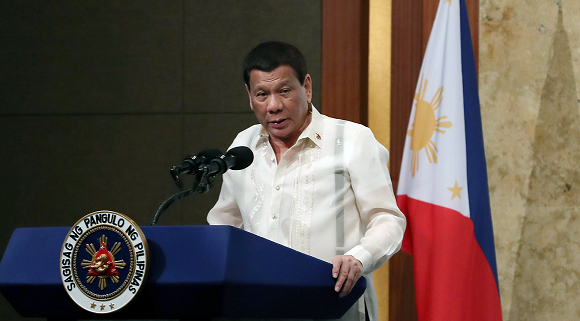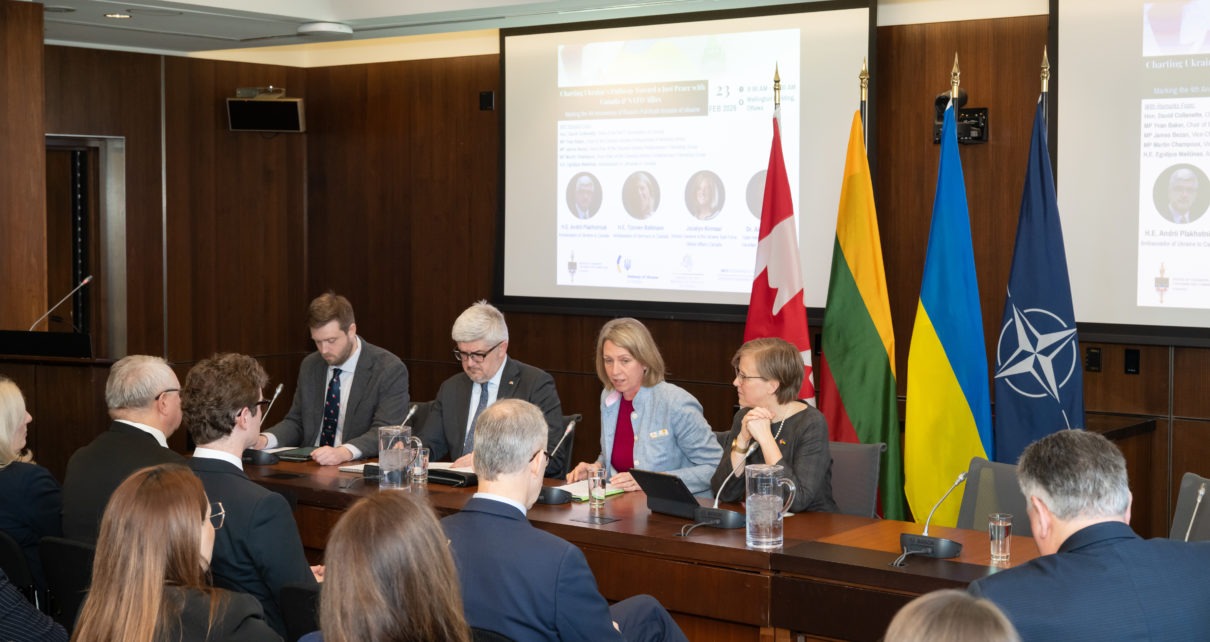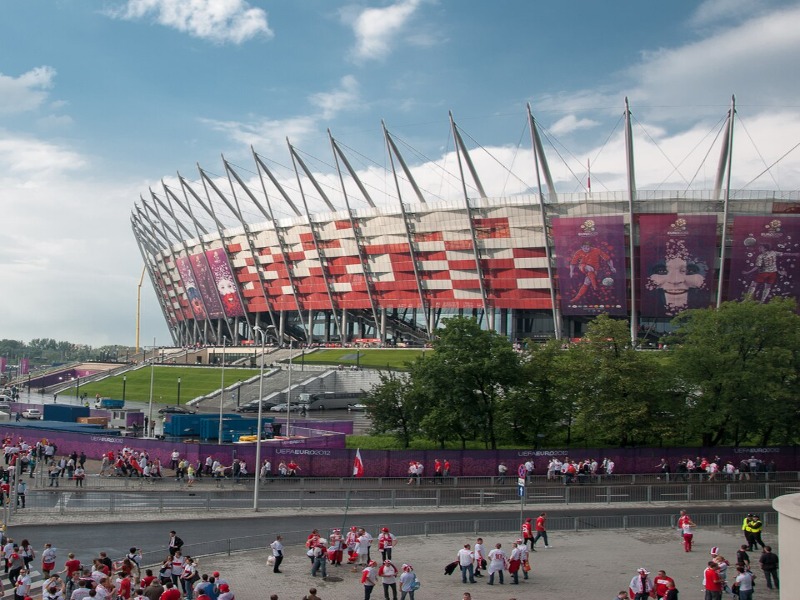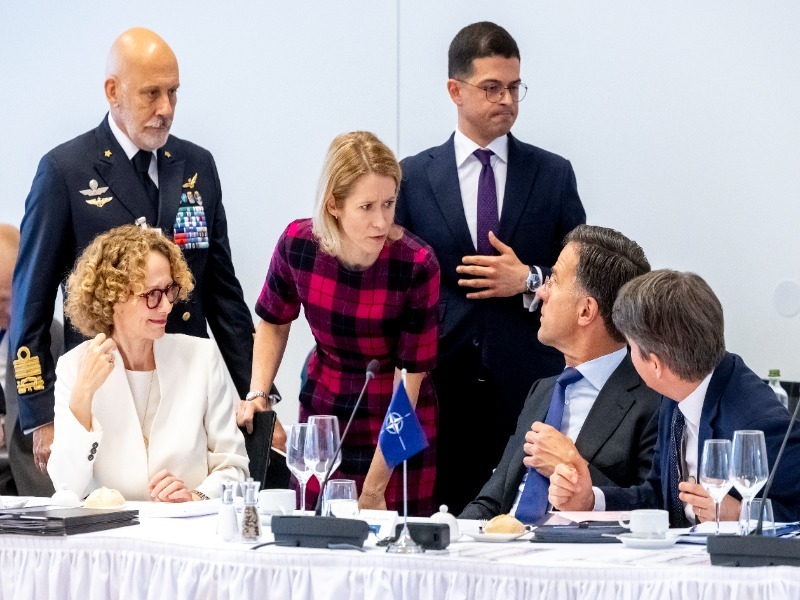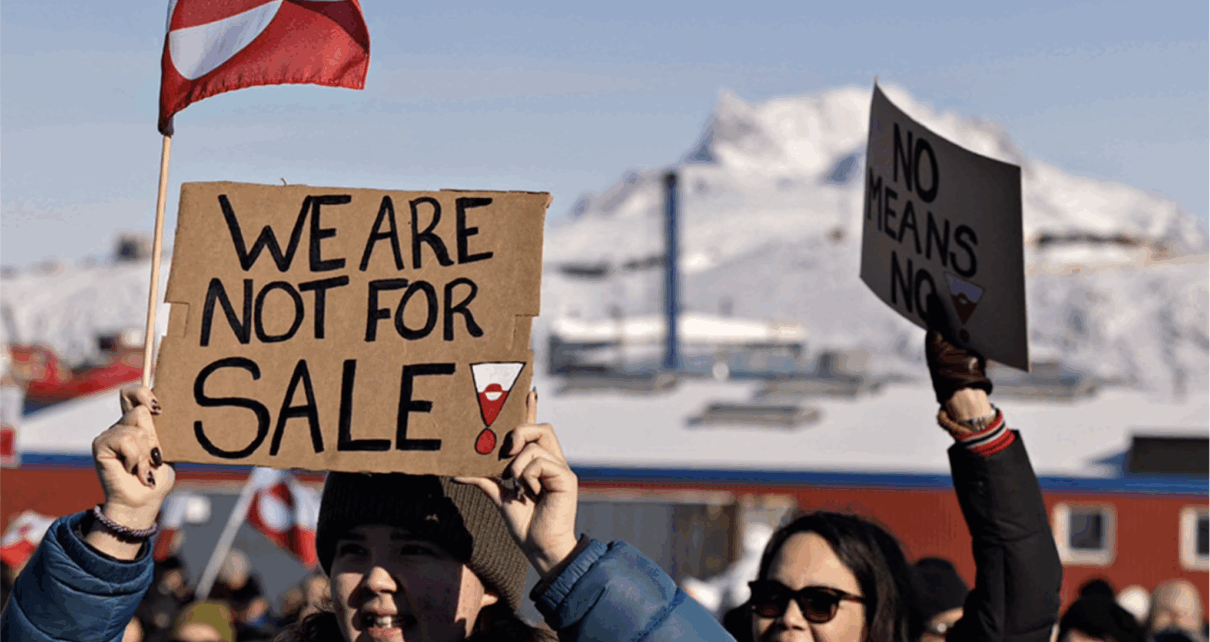Canada is facing severe challenges. As bilateral relations deteriorate and international alliances rapidly shift, Canada must reassess defence priorities. Canada needs to start by aligning with the European Union and defence preparation in the Arctic. Long seen as an afterthought, northern borders are a key battleground for resources, trade and influence. Unaddressed global warming is Read More…
Articles
Where They Stand: Canada’s Federal Political Parties Defence Platforms 2025
This special report provides an objective overview of the newly elected minority Liberal government’s plans regarding defence and discusses proposals from other opposition parties.
Serbian Gas Deal Continues Azerbaijan’s Penetration of South-East European Energy Markets
In this article, Dr. Cutler outlines the new Serbian gas deal with Azerbaijan in the context of European energy trends and policies, as well as the BRUA pipeline project.
Nothing is Foreign Here: China, Japan, and the Influence of Narratives within American Policymaking
How do stories shape domestic articulations of foreign policy? In this special report, Jack Burnham discusses how the narratives surrounding the rise of China and Japan shaped American foreign policy debates.
From the Internet to Ashes: Disinformation and the Tigray War
What does war in the Tigray region show about the future of disinformation in ethnic and regional conflicts? In this article, Jack Burnham discusses the role of gas-lighting and other information warfare techniques in the Horn of Africa’s most recent outbreak of hostilities.
No Better Friend, No Worse Enemy? The Marine Corps’ New Information Warfare Strategy
How does the US Marine Corps (USMC) intend to conduct information warfare over the coming decade? In this article, Jack Burnham discusses the USMC’s Force Design 2030 initiative and its focus on countering disinformation and operating in the Indo-Pacific region.
Putin’s War Has United Europe
In this article, Jordan McEwen discusses the European Union’s improved cooperation and how this may have been triggered by Russia’s invasion of Ukraine. Contrary to those who maintain that Europe’s unity over Ukraine is fading, she argues that member states shared concern for their security may be allowing for better cooperation than ever before.
Did you know? 7 Facts About the Arctic Infographic
there are institutions focused on Arctic issues, and what the threats are to the Arctic.
“A Splendid Little War” Great Power Competition, Disinformation, and the Spanish-American War
What is the relationship between disinformation and great power competition? In this essay, Jack Burnham discusses the legacy of the Spanish-American War and the “yellow press” through the lens of great power politics, and its lessons for contemporary policymakers.
Like Father, Like Son? Disinformation and the Marcos’ Legacy
How did Ferdinand Marcos Sr.’s son win power in the Philippines? In this article, Jack Burnham discusses the country’s recent presidential election, Ferdinand Marcos Jr.’s victory, and the role of disinformation in Filipino politics.
Deception, Deceit, and the Dictator’s Dilemma: Russia, Iraq, and Authoritarian Propaganda
Why is the propaganda of authoritarian regimes often so blatantly false? In this article, Jack Burnham discusses Russia’s disinformation campaign surrounding the emerging global food crisis across the Middle East and Africa, Saddam Hussein’s influence operations, and the politics of dictatorship.
Fighting Familiar Wars on Foreign Shores: Disinformation, the American Right, and Uganda
How can disinformation be used to stifle human rights? In this article, Jack Burnham discusses the connection between Uganda’s anti-homosexuality laws and the intervention of members of the American evangelical community.
Milgaard, the Hip, and Wrongful Conviction
Milgaard’s case highlighted the need for justice reform in Canada and abroad; his death serves to remind us that this type of reform still hasn’t happened.
House of Cards: The Suspension of the US’ Disinformation Governance Board
Why did the US Disinformation Governance Board fail? In this article, Jack Burnham discusses the ill-fated US Department of Homeland Security initiative, and the implications for addressing disinformation within democracies.
Repetition or Rhyming? HIV/AIDS, COVID-19, and Disinformation
Nearly forty years on and faced with another public health threat, what is the legacy of HIV/AIDS-related disinformation? In this article, Jack Burnham discusses the parallels between the HIV/AIDS and COVID-19 health crises and the proliferation of health-related disinformation during a time of great power competition.
NATO Needs to Act When Member States Curb LGBTQ+ Rights
Hungary frequently discriminates against minority groups, including members of the LGBTQ+ community, violating standards of human rights. In this article, Jordan McEwen and Diana Fodor discuss why NATO should intervene to address Hungary’s rollbacks of LGBTQ+ rights.
Selling Stories by the Side of the Rio Grande: Immigration, Disinformation, and US Border Policy
How effective has the US been in countering falsehoods aimed at migrants from South America? In this article, Jack Burnham discusses how disinformation contributes to immigration northwards, and the Biden administration’s response.
No Child Left Behind? Education, Disinformation, and Media Literacy Classes
Do media literacy classes offer an effective policy solution to disinformation? In this article, Jack Burnham discusses the rise of media literacy classes in the US and Canada and their impact on countering the effects of deliberate falsehoods on young people.
The Impact of Increasing Political Instability on Canadian Security
A look at Canada’s rising security issues.
Honesty Truly Is the Best Policy: Public Intelligence Sharing and the Russo-Ukrainian War
How have NATO states adapted to Russia’s use of disinformation? In this article, Jack Burnham discusses the West’s strategy of public intelligence sharing and its impact on the Russo-Ukrainian War.
Short Loops and Tall Tales: TikTok, Disinformation, and the New Face of War Reporting
Why has TikTok become a hub for disinformation during the Russo-Ukrainian War? In this article, Jack Burnham discusses the rise of the social media platform, its influence on the information space, and how it has reshaped war reporting.
Wolf Warrior-ism, Revisited: Great Power Competition During the Russo-Ukrainian War
What lessons can Russian disinformation campaigns provide for understanding China’s “Wolf Warrior Diplomacy”? In this article, Jack Burnham discusses the Russo-Ukrainian war, Chinese diplomacy, and the value of falsehoods in international relations.
Crossing the Rubicon To Reach Centre Bloc: Grievance Politics, Disinformation, and the Legacy of the “Freedom Convoy”
What threat does the “Freedom Convoy” continue to pose to Canada? In this article, Jack Burnham discusses protests in Ottawa and the role of disinformation in stoking and radicalizing grievance politics.
Another Big Bang? What Sweden’s Entry into NATO Could Mean for Countering Disinformation
What could Sweden’s entry into NATO mean for its fight against disinformation? In this article, Jack Burnham discusses NATO’s recent Madrid Summit and potential role for Sweden’s Psychological Defence Agency within the Alliance.
Rising Right-wing Extremism at Home and Abroad: A Global Perspective to Canada’s Freedom Convoy Protest
In this article, Jordan McEwen highlights the growth of right-wing extremist violence by looking at the Freedom Convoy Protest earlier this year.
Jean Chrétien Offers Up Wit and Wisdom at the NATO Association Gala.
Jean Chrétien, Canada’s twentieth prime minister, had his audience in an effervescent mood on March 15th at the Globe and Mail Centre. As the guest of honour at an event organized by the NATO Association of Canada to recognize Mr. Chrétien’s legacy in Canadian foreign affairs and his contributions to the evolution of NATO, he Read More…
NATO and the Philippines: The First Step Towards a Strategic Partnership
As tensions continue to rise in the Indo-Pacific, the President of the Philippines, Rodrigo Duterte, has turned his attention to realigning with the United States and allies. This shift in policy from aligning the Philippines with Beijing in 2016- to a complete pivot to Washington- has now opened up possible opportunities for the US and Read More…
Charting Ukraine’s Pathway Toward a Just Peace with Canada & NATO Allies – Panel Report
On February 23, 2026, the NATO Association of Canada (NAOC), in partnership with the Canada-Ukraine Parliamentary Friendship Group and the Embassies of Ukraine and Lithuania in Canada, organized a panel discussion entitled “Charting Ukraine’s Pathway Toward a Just Peace with Canada & NATO Allies”. The event was dedicated to commemorating the 4th anniversary of the Read More…
Decolonizing Deterrence: Integrating Human Centric Approaches to Arctic Defence
How can Canada modernize its Arctic defence capabilities without repeating the environmental and social shortcomings of previous efforts?
Ross Manson examines how “decolonizing deterrence” is essential to countering increased Russian and Chinese influence in a region increasingly vulnerable to hybrid threats. Drawing on the legacy of the DEW
Line as a cautionary tale, this article demonstrates why Indigenous partnership and “dual use” infrastructure are strategic assets in building a resilient northern flank and what NATO allies can do to integrate human security concerns into regional sovereignty.
Defending Solidarity After Warsaw’s Flag Incident
On 9 August in Warsaw, police detained 109 people during a concert by Belarusian singer Max Korzh for “drug possession, unlawful entry, assaults on security staff and use of pyrotechnics.” At the same event, one attendee displayed the red-and-black flag associated with the Ukrainian Insurgent Army (UPA). The symbol is contentious in Poland because the Read More…
Spamouflage in Canada: How Targeted Disinformation Undermines Democracy
Two years have passed since Rapid Response Mechanism (RRM) Canada, which detects foreign interference and disinformation, identified the first Spamouflage campaign. First detected in 2023, the Spamouflage campaign refers to a covert disinformation operation that relies on networks of newly created or hijacked social media accounts, frequently seen to amplify narratives aligned with PRC (People’s Read More…
What Canada Has Yet To Learn from Ukraine About Countering Disinformation
Imagine a government on the verge of a decision that will take years to implement and billions of dollars to sustain. A major defence procurement. A long-term NATO deployment. A new assistance package for an ally. On paper, everything looks orderly. Briefings are prepared. Consultations take place. Procedures are followed. Yet, even before the decision Read More…
How the Canadian Army is Uniquely Positioned for the Intensification of Climate Change
The world at present is situated before an interchange between growing geopolitical tensions and surging national defence budgets. Albeit, the cycle is complicated by the current Climate Crisis. It is no longer weapons or foes in which the battlefield is defined, but the environment itself. Modern armed forces, including Canada’s, must therefore confront threats emerging Read More…
How does community-level climate resilience in Canadian coastal communities contribute to NATO’s transatlantic security?
Climate change is increasingly shaping the security environment across the North Atlantic. Extreme weather events, including flooding, wildfires, heatwaves, and coastal storms, are placing growing pressure on infrastructure, emergency response systems, and economic activity. Recognising these dynamics, NATO’s 2022 Strategic Concept acknowledges that climate impacts affect military operations, degrade critical infrastructure and shape geopolitical competition. Read More…
When Allies Become Threats: What U.S. Pressure on Greenland Reveals about NATO’s Fragility and Canada’s Arctic Vulnerability
Rachel Potter analyzes the geopolitical fallout of U.S. pressure on Greenland, arguing that it reveals a deeper fragility within NATO and raises a critical question for Canada: can alliance guarantees still be trusted when power begins to override restraint?
Power Play in the Arctic: Part 6 – Cold Fronts, Hot Choices: Dr. George Soroka Looks Ahead
*This is the final instalment of a six-part series. For the final instalment of the “Power Play in the Arctic” series, Marcus Wong (MW) sat down with Dr. George Soroka (GS) of Harvard University’s Department of Government, who also serves as Executive Officer of The Harvard Academy for International and Area Studies at the Weatherhead Read More…
Au-delà des armes : la fragilisation des systèmes de santé comme stratégie de guerre et decoercion
Dans les conflits armés contemporains, la violence ne se limite plus aux affrontements militairesdirects, mais s’étend à des leviers indirects visant à affaiblir la résilience des sociétés civiles. Elles’étend désormais aux infrastructures civiles essentielles, et en particulier aux systèmes de santé,qui sont de plus en plus pris pour cibles de manière délibérée. Pourquoi la destruction Read More…




